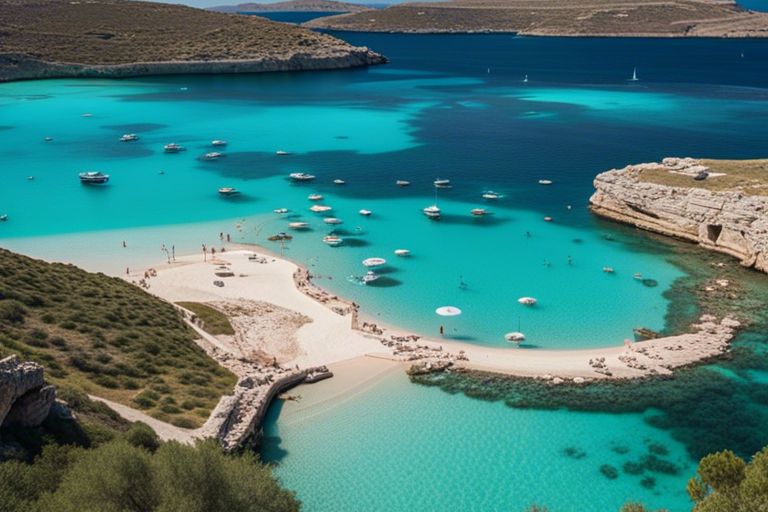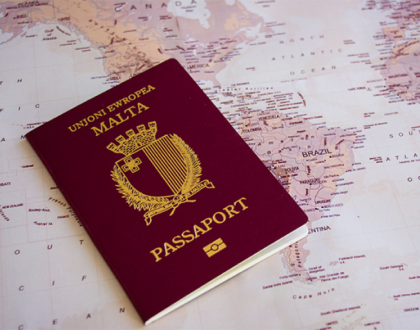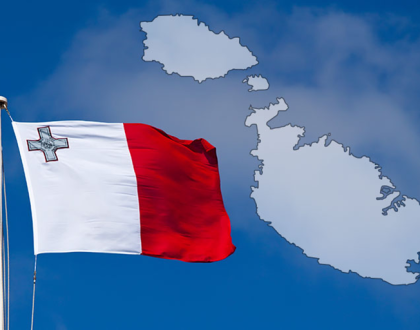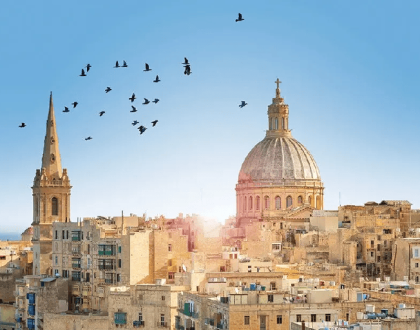Sustainable Tourism in Malta

With the increasing awareness of the environmental impact of #tourism, sustainable tourism has become a growing trend in many destinations, including #Malta. This small Mediterranean island nation has been making efforts to promote sustainable tourism practices to preserve its natural beauty and cultural #heritage for future generations.
Malta's commitment to sustainable tourism can be seen in various initiatives that aim to minimize the negative effects of tourism on the environment, while maximizing the benefits for local communities. One of the key aspects of sustainable tourism in Malta is the preservation of the island's rich cultural heritage. Malta has a long and diverse history, with a wealth of archaeological sites, historic buildings, and traditions that need to be protected and preserved.
Efforts have been made to promote responsible tourism practices that respect Malta's cultural heritage, such as encouraging visitors to visit historic sites with licensed guides and supporting local craftsmen and artisans. Sustainable tourism also involves eco-friendly initiatives to protect the island's natural environment, including measures to reduce waste, promote recycling, and conserve water and energy.
Malta has also been working to promote community-based tourism initiatives that benefit local residents and businesses. This includes supporting small-scale eco-friendly accommodations, local restaurants, and sustainable tour operators that provide authentic experiences while contributing to the local economy.
Another important aspect of sustainable tourism in Malta is the promotion of ethical wildlife tourism. The island is home to a variety of marine and bird species that need to be protected from over-tourism and other threats. Efforts have been made to raise awareness about the importance of wildlife conservation and encourage visitors to observe animals in their natural habitats with minimal disturbance.
In summarization, sustainable tourism in Malta is not just a buzzword, but a commitment to preserving the island's cultural and natural heritage for future generations. By promoting responsible tourism practices, supporting local communities, and protecting the environment, Malta is setting an example for other destinations to follow. Visitors to the island can contribute to sustainable tourism efforts by choosing eco-friendly accommodations, respecting Malta's cultural heritage, and being mindful of their environmental impact. Together, we can ensure that Malta's beauty and charm will be enjoyed by generations to come.
FAQs
What is sustainable tourism in Malta?
Sustainable tourism in Malta focuses on minimizing the environmental impact of tourism activities while preserving the island's cultural heritage. It promotes responsible tourism practices that benefit local communities and protect natural resources.
How is Malta promoting sustainable tourism?
Malta promotes sustainable tourism through various initiatives such as eco-friendly accommodations, supporting local businesses, and conservation efforts for cultural sites and natural environments.
What are some examples of sustainable tourism initiatives in Malta?
Examples include promoting licensed guided tours to cultural sites, encouraging recycling and energy conservation, supporting local artisans, and advocating for ethical wildlife tourism practices.
Why is sustainable tourism important for Malta?
Sustainable tourism is crucial for Malta to safeguard its cultural heritage and natural beauty from the negative impacts of mass tourism. It ensures a balanced approach to tourism development that benefits both visitors and locals.
How can visitors contribute to sustainable tourism in Malta?
Visitors can contribute by choosing eco-friendly accommodations, respecting local customs and traditions, minimizing waste, and supporting community-based tourism initiatives.
Recommended Posts

Legal Win for Malta’s Citizenship Program
October 4, 2024

Why iGaming Brands Choose Malta
October 4, 2024

Malta Ranks Fifth Among European Islands
October 4, 2024



